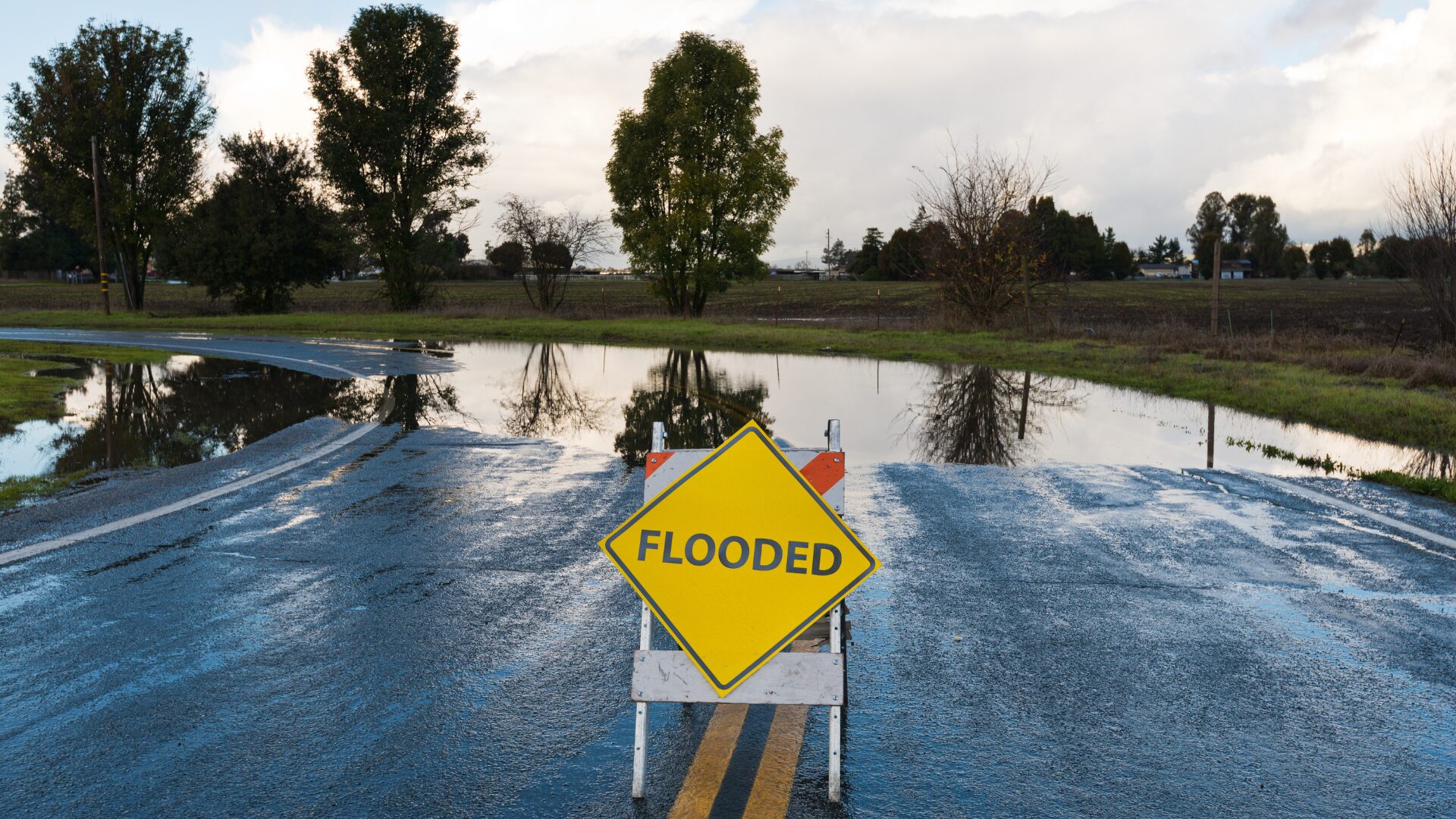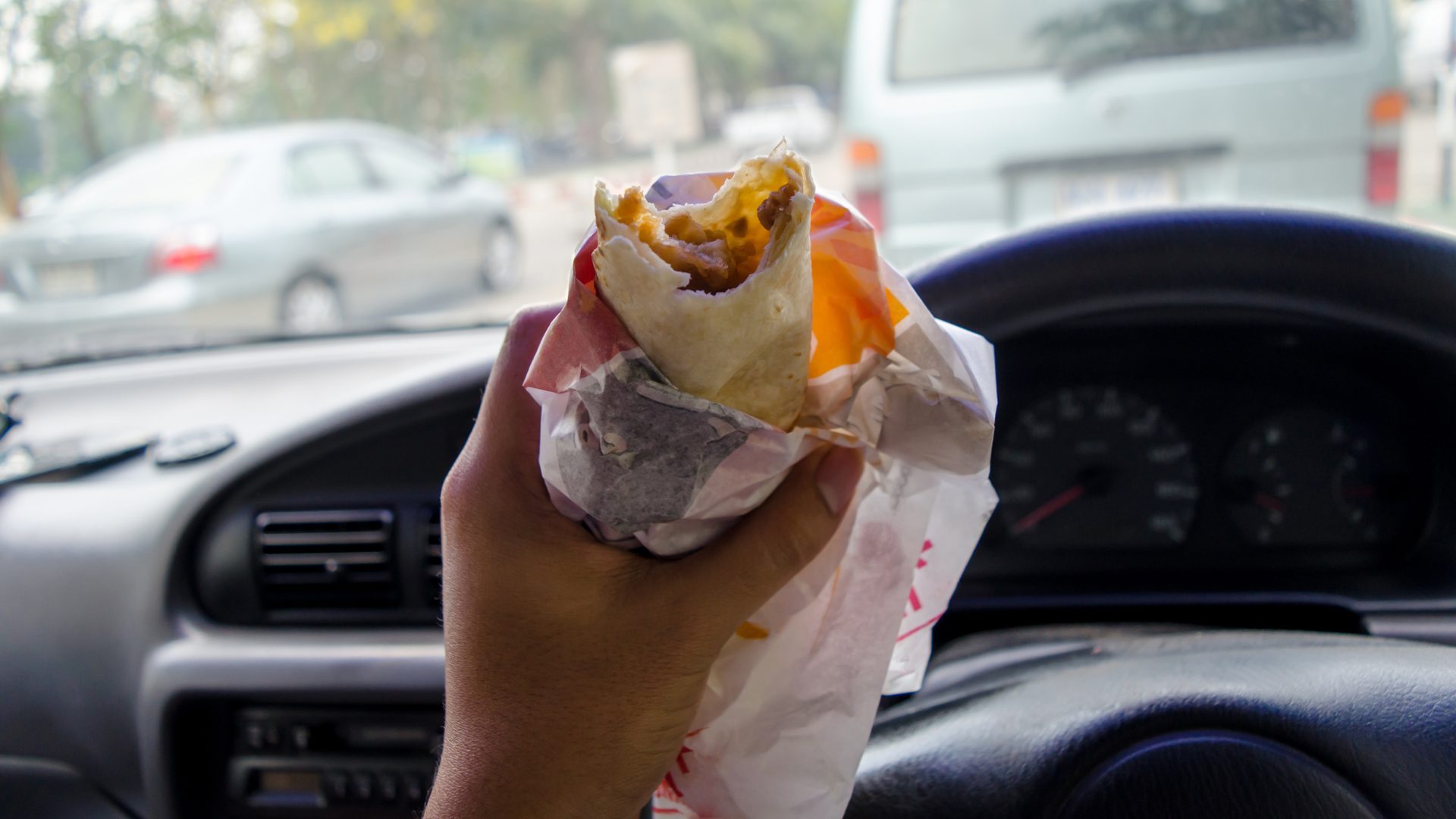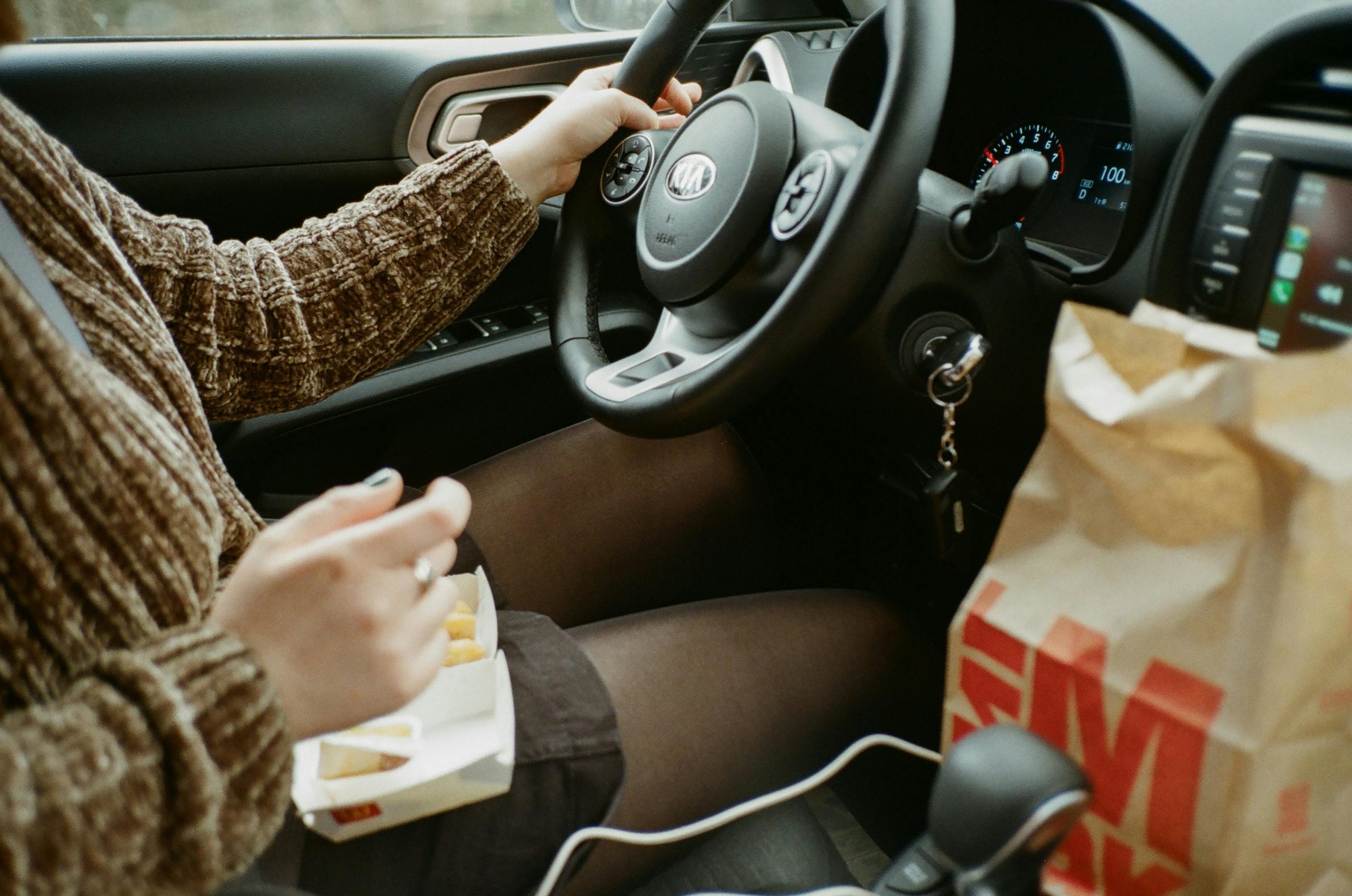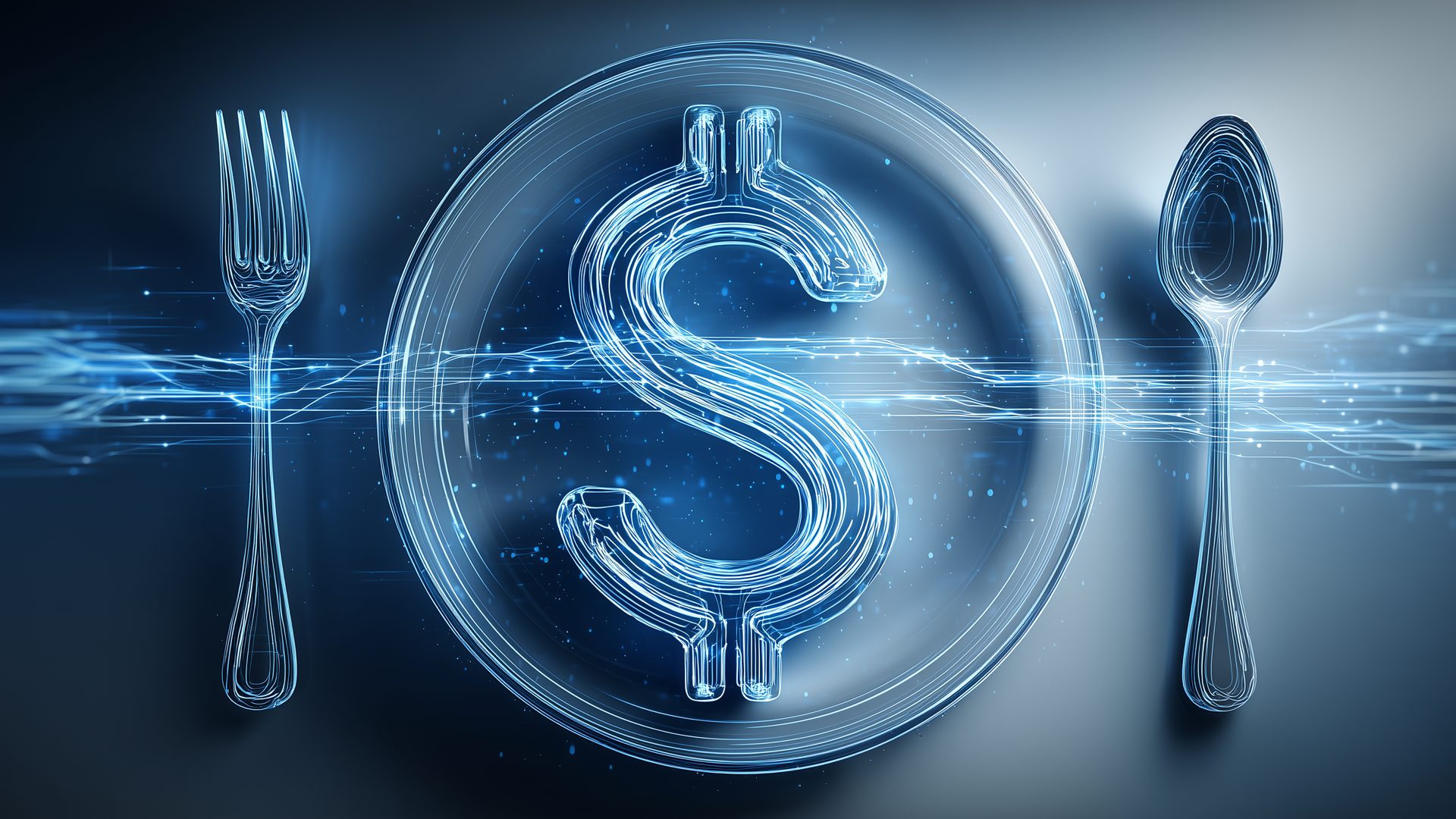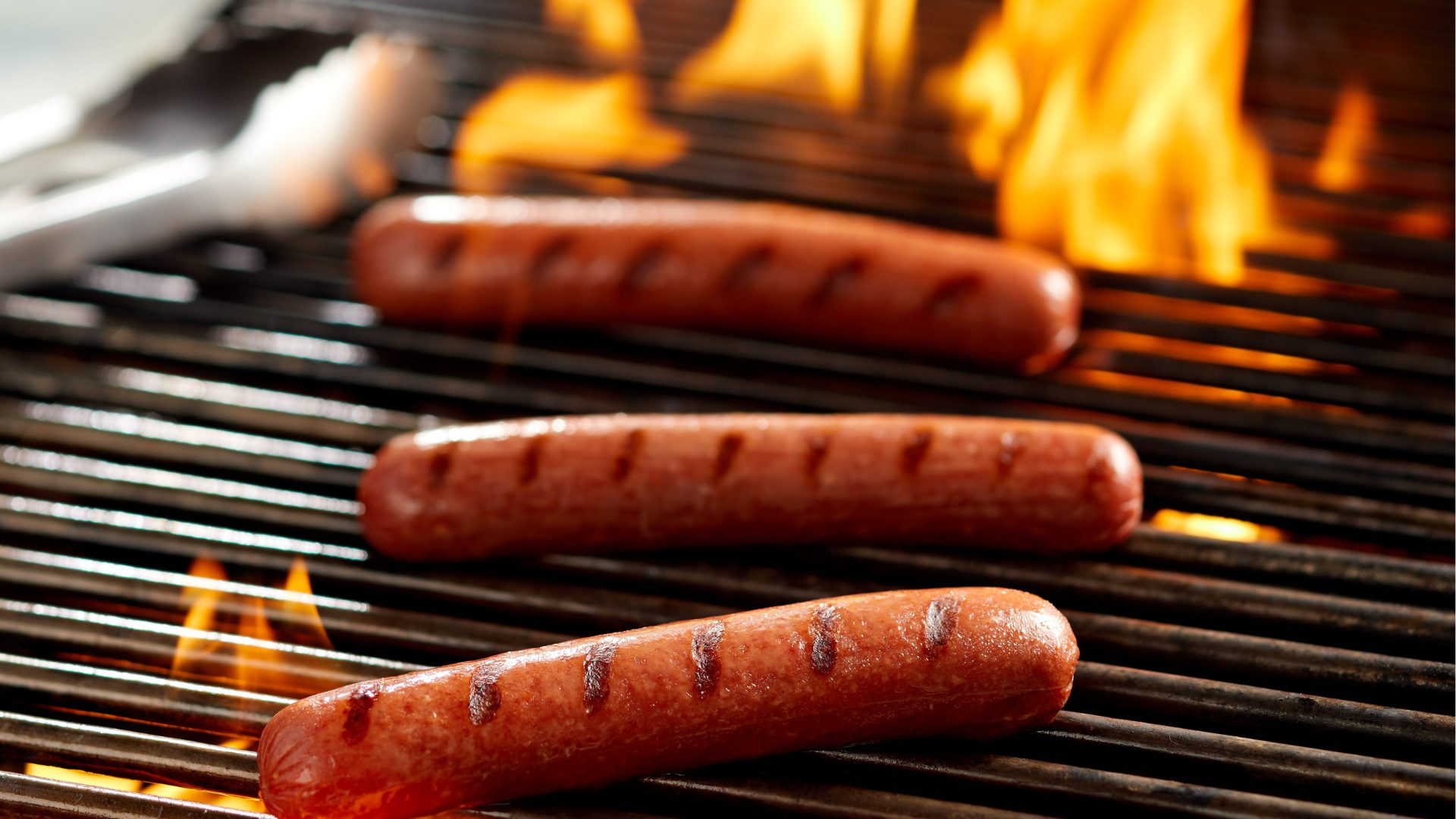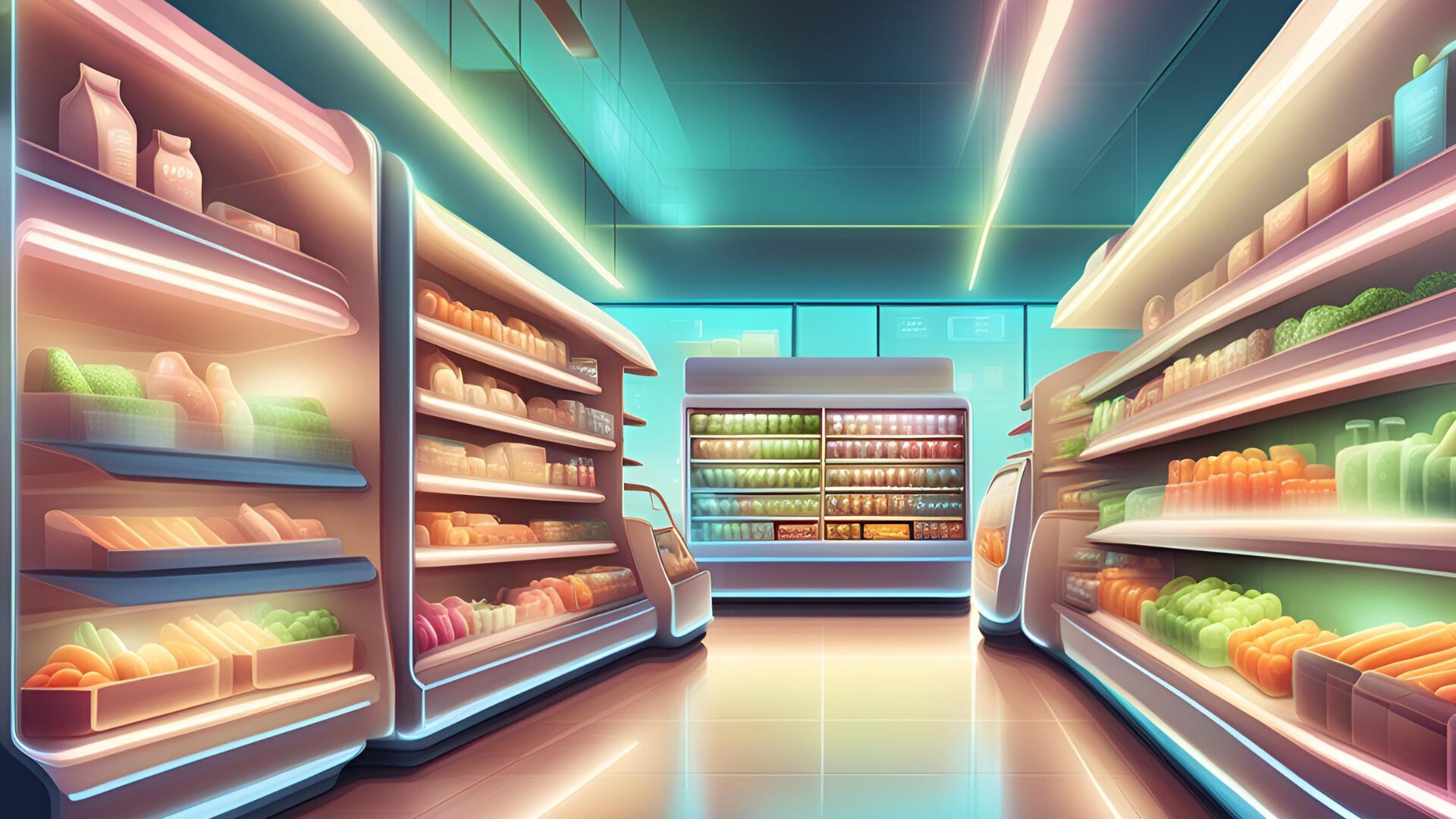H-E-B, which grew from a small Kerrville, Texas, grocery store to an international brand, surged into action in the wake of the flood that ravaged the Hill Country along the Guadalupe River, providing aid to support the Red Cross in a region devastated by no less than 104 related deaths.
A caravan of H-E-B trucks loaded with supplies rolled into the area after torrential rains dumped as much as 11 inches early in the morning on July 5 and sending the storm surge to treetop levels.
The Fort Worth Star-Telegram reported one Facebook user spotted the line of trucks on the road, posting: “Just passed this convoy heading to help with flood relief. This is exactly why Texans love H-E-B.” A Reddit user chimed in: “This is why I shop at H-E-B! Do they have great products? Yes. But more importantly, they care about the community and the people of our state!”
Florence Butt opened a small grocery store that would grow into H-E-B on the ground floor of her Kerrville home in 1905. Her son, Howard, took the company statewide.
“We hold compassion and strength for everyone who has been impacted, and we remain committed to offer unwavering support to our communities,” H-E-B, now based in San Antonio, said in a statement. The grocery chain has more than 455 stores in more than 300 communities in Texas and Mexico.
H-E-B wasn’t alone. Whataburger supplied meals to first responders as the death toll topped 100 by Monday evening.
“We know the process of recovery and rebuilding isn’t just about responding in a moment of crisis, but in supporting our neighbors in the months ahead,” Whataburger said on Instagram.
Justin Kates, senior business continuity adviser at C-store chain Wawa, told The Food Institute he sees “H-E-B and Whataburger’s actions as prime examples of connecting community resilience to corporate social responsibility.”
“I know of many retail peers that support many types of recovery efforts, ranging from establishing accessible mobile charging stations, providing essential hygiene supplies, setting up washing machines and mobile showers, and even coordinating with local authorities to help distribute critical information. Their physical presence and logistical capabilities make them indispensable partners in disaster relief,” Kates said.
The Houston Astros, Houston Texans, Dynamo and Dash all expressed compassion for the victims while the Texans donated $500,000 to relief efforts.
“When disasters strike, like what we’re seeing now in Texas, our partnerships with companies including Smithfield Foods, Sterno, Vollrath, Middleby Marshall and Unified Brands make it possible for Mercy Chefs to deploy quickly and serve hot, chef-prepared meals where they’re needed most,” Gary LeBlanc, founder of Mercy Chefs, told FI.
“We’ve seen firsthand how committed corporate partners can help communities recover faster and with dignity. We always say: ‘We can’t go unless you send us,’ and corporate support fuels not just our kitchens but the hope we bring to the table for people who are hurting.”
The Food Institute Podcast
Several economic headwinds indicate the consumer is being financially stretched, but we all need to eat – so what are consumers actually buying at the grocery store? Nik Modi of RBC returns to The Food Institute Podcast to discuss channel differentiation, consumer product selection, and other macro trends.


